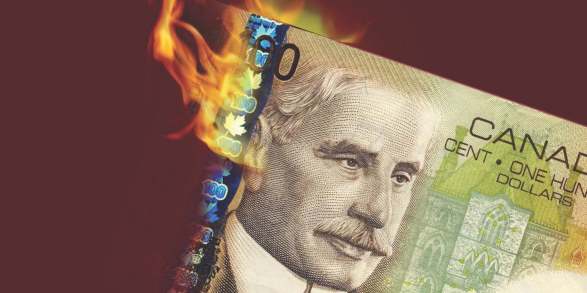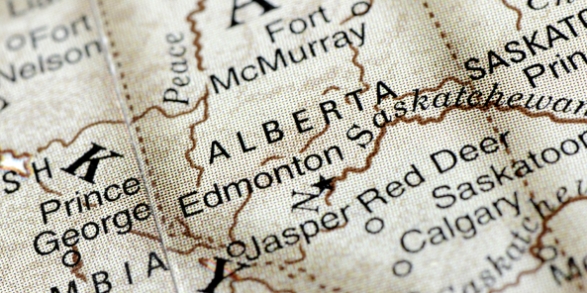Over the last decade, higher energy prices and entrepreneur-friendly policies drove Alberta’s booming economy, generating a significant windfall in government revenue.
alberta
As Alberta’s provincial and municipal governments grapple with declining oil revenues and a weakening economy, a sober review of government spending should be part of any belt-tightening initiative. One place to start is the compensation of government employees, a key spending item for all governments.
With oil prices plunging and provincial resource revenues expected to drop, Alberta’s red ink will rise. In response, Premier Jim Prentice has floated the notion of a provincial sales tax and/or hikes in other taxes.
There is a prominent view among some in Alberta’s provincial government and elsewhere in the province that believes booms and busts in government finances are a result of the province’s large energy sector.
Carbon taxes are back on centre stage in Canada, after a new “bipartisan” Ecofiscal Commission came out in favour of the idea.
When I first came to Alberta a quarter-century ago, vacancy rates in Calgary and Edmonton exceeded 10 per cent. In Edmonton, where I lived in 1988, landlords often gave one month free on an already cheap 12-month lease. Sometimes utilities and cable were included.
Murray Smith, a former Alberta cabinet minister in the Ralph Klein government, the one that privatized government liquor stores and licence registries in 1993, once told me about a side benefit of such divestments (and I paraphrase): fewer distractions, which led to more focused government.


